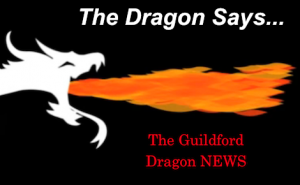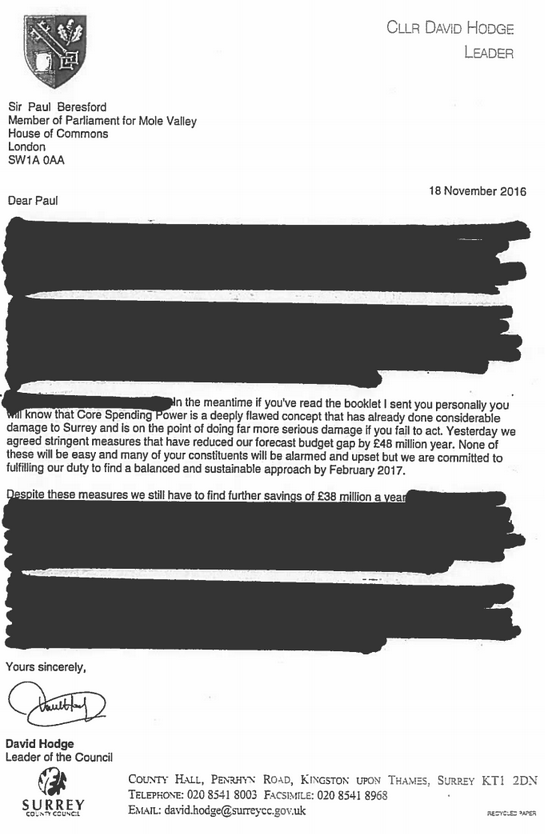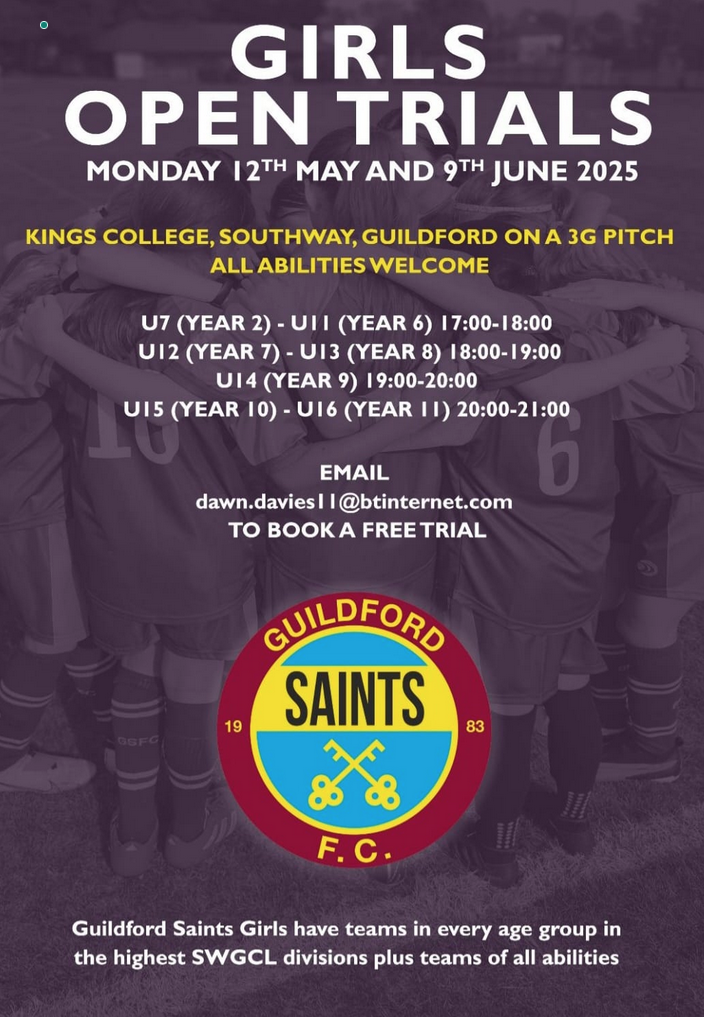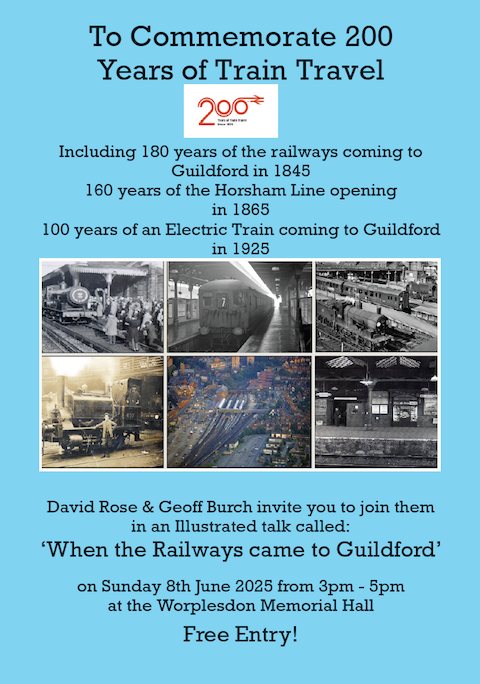 Abraham Lincoln
If given the truth, the people can be depended upon to meet any national crisis...
Abraham Lincoln
If given the truth, the people can be depended upon to meet any national crisis...
 Guildford news...
for Guildford people, brought to you by Guildford reporters - Guildford's own news service
Guildford news...
for Guildford people, brought to you by Guildford reporters - Guildford's own news service
The Dragon Says: What Value A Vote – If We Don’t Know What We Are Voting For?
Published on: 9 Feb, 2017
Updated on: 10 Feb, 2017
 “The best weapon of a dictatorship is secrecy, but the best weapon of a democracy should be the weapon of openness.” So said Niels Bohr, the Danish physicist who helped Jewish refugees flee the Nazis.
“The best weapon of a dictatorship is secrecy, but the best weapon of a democracy should be the weapon of openness.” So said Niels Bohr, the Danish physicist who helped Jewish refugees flee the Nazis.
Even in a free democracy secrecy can be pernicious. What value is there in voting if we don’t know who or what we are voting for? What is the point if politicians promise one thing but do another?
How many of us, if we bothered to vote, can even remember the names of the councillors we voted for in the last local county council or borough council elections, let alone what local policies they were proposing?
Nonetheless, politicians seem to feel that being elected gives them the right to act like parents to the rest of us children, that having more votes than someone else, cast by voters who probably only feel they have slightly more sympathy for one political philosophy than another, somehow gives them additional wisdom. Of course it does not.
Most of us appreciate the problems they face are complex and difficult: climate change, population increase, inadequate infrastructure, shrinking budgets…

Open and transparent? The redacted version of an apparently unclassified letter sent from David Hodge to Paul Beresford on the subject of SCC finances. The letter was only revealed following a Freedom of Information request. What is to hide, even from our county councillors, that can be revealed to Mole valley’s MP Sir Paul Beresford?
It is always tempting when the only solutions or proposals you have are likely to be unpopular to keep them secret and avoid the criticism. But it is wrong.
The electorate should not be spared the difficulty of tough decisions, after all we will bear the consequences.
 However unpopular, Surrey County Council was right to defer the choice of: “Pay more tax or cut spending” to us all.
However unpopular, Surrey County Council was right to defer the choice of: “Pay more tax or cut spending” to us all.
Welfare spending today is of a different scale than it has ever been. Our expectations of what the state should do for us have changed completely in just a few generations. I can remember my great-grandmother forgiving Lloyd George* all other mistakes because he introduced the old age pension, a great comfort to a generation who had lived in fear of the workhouse.
Of course inefficiencies and wastage can be highlighted; they exist in every organisation, in every household. We should continue to identify and reduce them but they are unlikely, even if they were all eliminated, to produce sufficient savings to make up the funding short-fall for the social care level we now expect.
The revelation yesterday that the leader of Surrey County Council, David Hodge, had obtained a deal from central government to prevent a potentially politically embarrassing referendum showed us how these things are being done.
The government argues that there was no “sweetheart” deal, that the same is on offer to all local authorities. So if that is the case what was the need for the secrecy? Why couldn’t all the details be presented to the county councillors voting on the deal and the proposal to scrap the referendum? A deal that, in any case, has not resolved the budgetary problem.
And why was the subject of the referendum so sensitive that Cllr Hodge, clearly no cryptographer, could only bring himself to refer to it as “R” in texts he apparently fired off in error to a perplexed Labour party member at the Local Government Authority (it was not a leak – it was a present).
We deserve better. But if we don’t wish to be treated like children we must act like adults we should demand the truth, express our views, question those in power, listen to their answers or evasions and then comment and vote accordingly.
John le Carre, a writer of some distinction, who worked, during the Cold War, for the Security Service (“MI5”) and the Secret Intelligence Service (“MI6”), so knew a thing or two about the real need for secrecy, at times, wrote: “Until we have a better relationship between private performance and the public truth, … we as the public are absolutely right to remain suspicious, contemptuous even, of the secrecy and the misinformation which is the digest of our news.” Nicely put.
Responses to The Dragon Says: What Value A Vote – If We Don’t Know What We Are Voting For?
Leave a Comment Cancel reply
Please see our comments policy. All comments are moderated and may take time to appear. Full names, or at least initial and surname, must be given.
Click on cartoon for Dragon story: Public Asked for Views on SCC’s Proposal for Reduced Speed Limits






Recent Articles
- New River Boats for Surrey Care Trust
- Body Found in Woodland Believed To Be Missing 69-year-old
- Guildford Choral Promises a Summer Evening Spectacular
- Volunteers Are Needed To Test My Wearable Wellbeing Technology
- Mayor’s Diary: May 23 – June 8
- Work to Repair Cottage on Closed A281 Underway
- Letter: Not All PIP Claimants Need It
- AI Technology at the Forefront of Surrey Conservation Project
- Mayor of Guildford Drops In on One of His Chosen Charities
- The Church’s Message Is As Relevant As Ever, Says Ash’s Retiring Priest


Recent Comments
- Eric Gurney on Work to Repair Cottage on Closed A281 Underway
- Stuart Taylor on Community Councils Proposed to Maintain Local Representation
- Stephanie Webster on Work to Repair Cottage on Closed A281 Underway
- Judith Simmons on A Look Back at Perry Hill’s New Inn and a Family That Once Ran It
- Andrew Eacott on SCC Intends to Back Public Survey Result and Shorten Summer School Holidays
- Sally Astles on Stoke Park Was Bought 100 Years Ago with Plans for a Public Open Space and Houses!
Search in Site
Media Gallery
Dragon Interview: Local Artist Leaves Her Mark At One of England’s Most Historic Buildings
January 21, 2023 / No Comment / Read MoreDragon Interview: Lib Dem Planning Chair: ‘Current Policy Doesn’t Work for Local People’
January 19, 2023 / No Comment / Read MoreA3 Tunnel in Guildford ‘Necessary’ for New Homes, Says Guildford’s MP
January 10, 2023 / No Comment / Read More‘Madness’ for London Road Scheme to Go Ahead Against ‘Huge Opposition’, Says SCC Leader
January 6, 2023 / No Comment / Read MoreCouncillor’s Son Starts Campaign for More Consultation on North Street Plan
December 30, 2022 / No Comment / Read MoreCounty Council Climbs Down Over London Road Works – Further ‘Engagement’ Period Announced
December 14, 2022 / No Comment / Read MoreDragon Interview: GBC Reaction to the Government’s Expected Decision to Relax Housing Targets
December 7, 2022 / No Comment / Read MoreHow Can Our Town Centre Businesses Recover? Watch the Shop Front Debate
May 18, 2020 / No Comment / Read More






Martin Elliott
February 9, 2017 at 3:16 pm
And why would a perplexed Labour Party member be in David Hodge’s contacts? Probably because he is a member of the Local Government Association (LGA) as a council leader, just like Cllr Hodge.
Strangely through this, LGA, which is meant to represent all councils (well all but four) in discussions and negotiations with DCLA, has been very quiet. If you search, you can discover that they did point out two-thirds of councils have the same problems as Surrey.
But it still leaves the nasty taste in the mouth, for those outside of County Hall. Why did Surrey alone chose to make a stand that seems to have suspiciously like a well planned conspiracy?
Brian Holt
February 9, 2017 at 9:49 pm
In the good old days your elected councillor used to come round the estates fortnightly to see if they could help anyone; Bill Bellerby used to go on Sunday mornings.
Nowadays they no longer do that, and people tell me that they have given up contacting their councillor because they never hear from them, only at election times.
Mike Murphy
February 10, 2017 at 6:41 pm
Surrey County Council is fast becoming a total fiasco.
After the disaster of Newlands Corner we have this, on then off con trick of a referendum. You just wonder what, on their inflation busting, overblown salaries, they are going to come up with next. Honestly if you wrote this in a book nobody would deem it possible.
I just hope voters will remember this at the next county council election and confine those responsible to the dustbin.